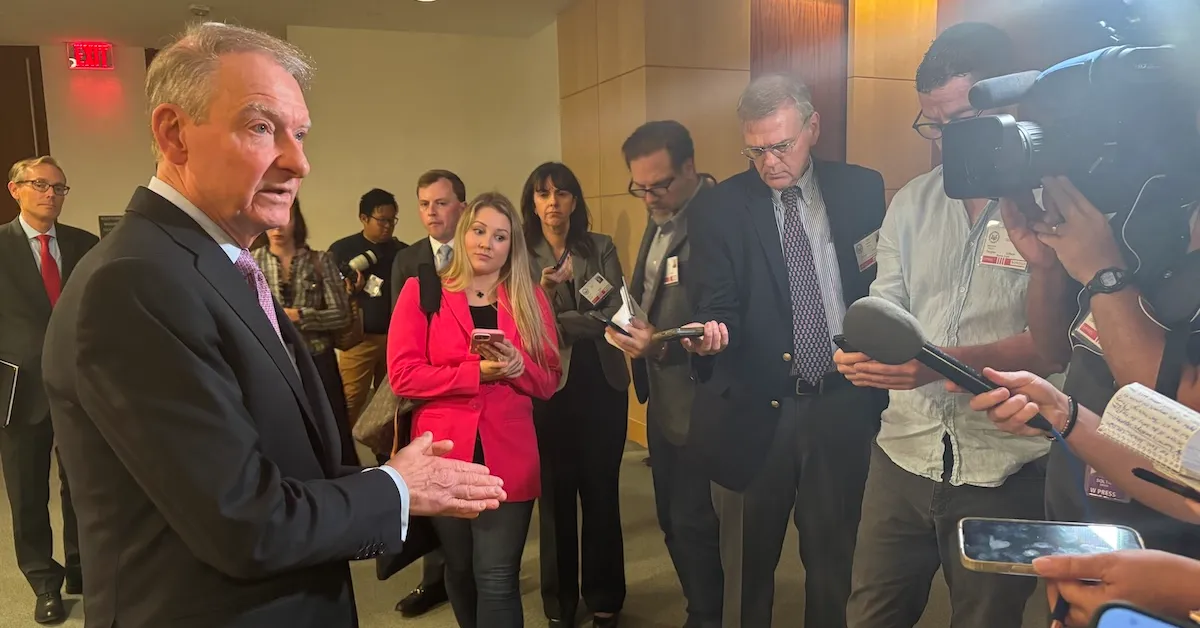Today, in a media scrum after their opening comments at the Round Table SEC-CFTC on regulatory harmonization efforts, the president of the United States Stock Exchange and Securities Commission (SEC), Paul Atkins, expressed his enthusiasm with respect to bringing tokenized values in the chain, although he offered no idea in which platforms or protocols could exchange these acts.
The latter can be particularly important for Bitcoin enthusiasts, because the wallets you use to exchange tokenized values in the chain will probably require identification information, and this rule could spill to Bitcoin wallets.
Then, I asked the president how values were seen in the chain in the chain: Would it look like closed platforms such as Fidelity and Charles Schwab using blockchain to solve transactions in the back-end or would it look more like tokenized actions that trade with decentralized exchanges?
He did not answer my questions directly.
Instead, he first shared how blockchains values can reduce the liquidation time.
“The best of tokens [is that] It can have the payment and exchange of real asset online at the same time: it is T zero, basically an instant authorization, ”President Atkins told me.
And this statement followed with a slightly worrying language.
“Then, we may have to accumulate even a speed increase to ensure that we do not have any error or money for the wrong place,” added the president. “We will work realistically during the next year or two to try to get where we have good railings around the system.”
Words like “Speed Bump” and “Guarrails” triggered alarm alarms, since they indicate some form of control, and where there is control, there are often KYC.
If the tokenized values end up operating within the walled gardens of the traditional stock market houses, then the KYC problem is not so worrying, since these platforms already kyc their customers.
The problem becomes more critical if the tokenized values can be negotiated through protocols such as Uniswap through wallets such as MetamSk and Trust Wallet, which would probably be required for KYC to its users.
If this happens, he raises the following questions: will this lead to all encryption wallets have to kyc to their users? Will this rule eventually bleed wallets only for Bitcoin?
According to my interaction with the president, I had the impression that he currently does not have the answers to these questions. That is, it was not evasive as much as it really did not seem to know exactly how the widest image is seen around the tokenized values at this time, since it is waiting for Congress to act.
Much with respect to the regulation of the cryptographic market hangs in balance, since the Senate discusses and reviews the clarity law (clarity), the bill of structure of the digital asset market. The president declared that he is paying attention to clarity as he advances through the legislative process.
“There is the market structure law that cleared the house and now it is [being discussed] In the Senate, “he told me.” We will see what happens. “
Bitcoin magazine will follow up with President Atkins on this issue when and if clarity passes.
Meanwhile, if you want to protect your right to use your Bitcoin wallet privately and without permission, be sure to communicate with your elected officials as part of the Satoshi Needs You campaign.


